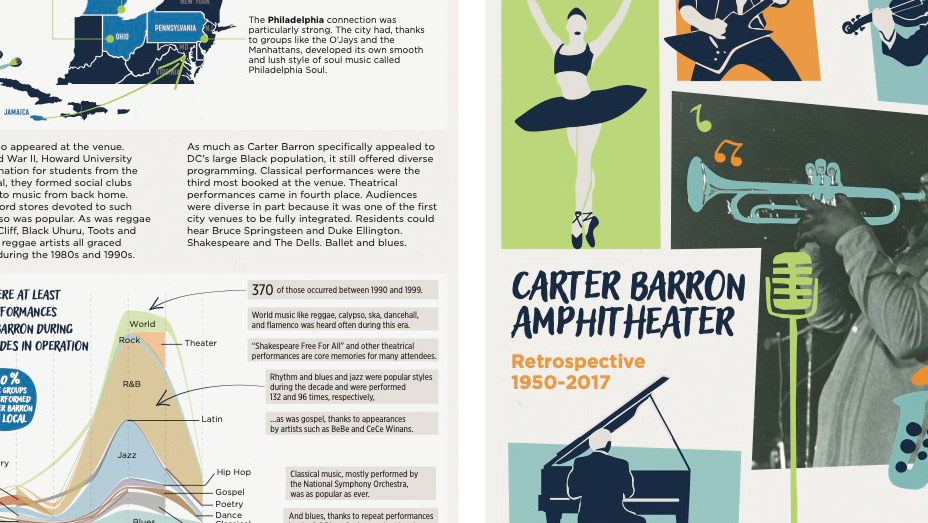
And This Is A Brochure: Music at Carter Barron

And This Is A Hand Bill: Gogo at Anacostia Park
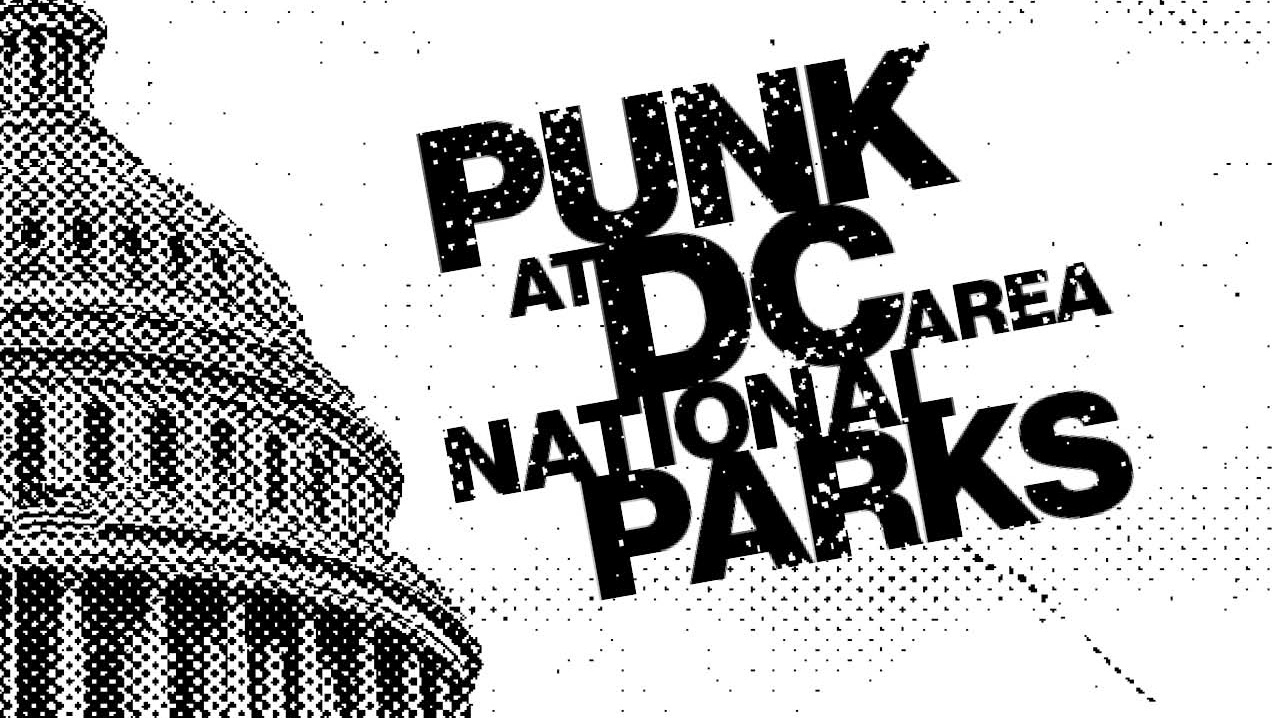
And This Is A Zine: Punk in DC-Area Parks
Zine written by Rami Toubia Stucky. Designed by William Colgrove at Threespot.
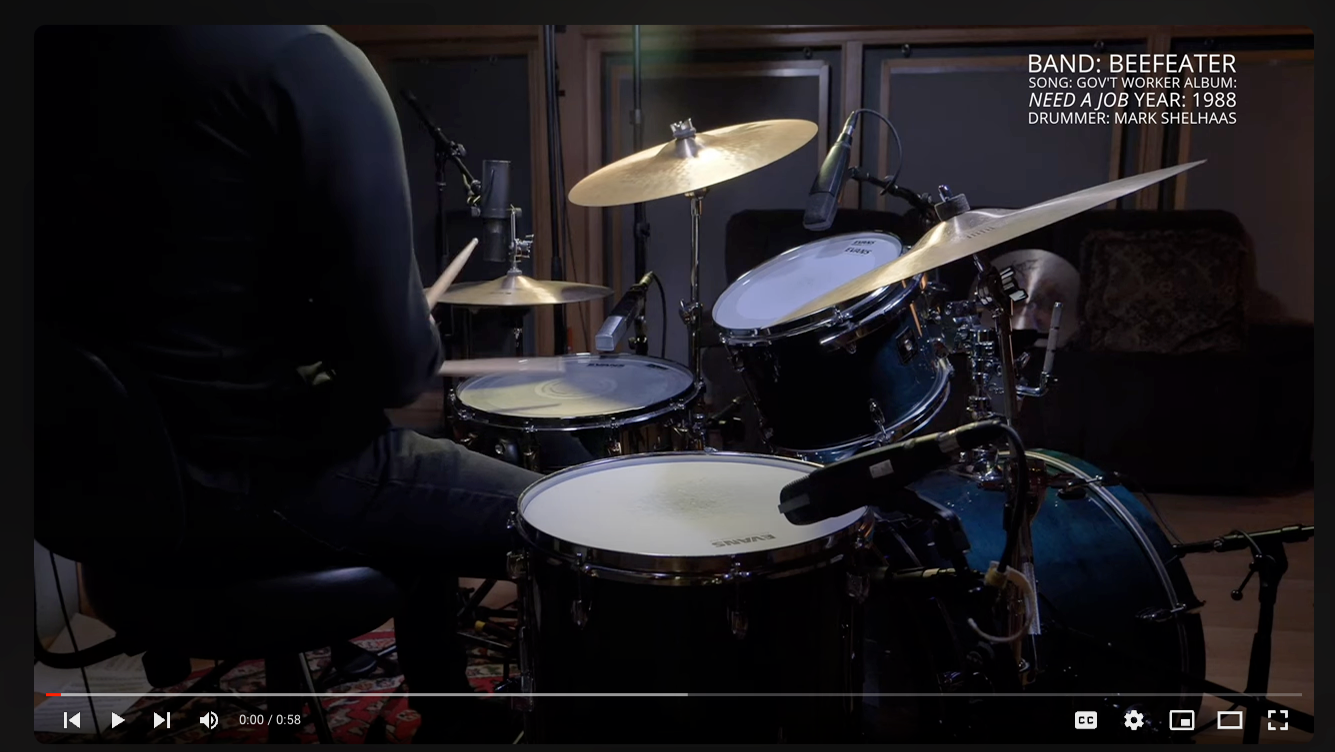
And This Is A Video: Punk and GoGo Shorts
Below are drafts of a series that I am developing with the National Park Service. Influenced by the medium of YouTube Shorts, these videos depict me playing the drum beats to songs that were heard in DC-area parks. They also contain voice overs that tell stories of the bands, musicians, and general history of punk and gogo in the nation's capital. I am working on expanding this project to contain dozens of videos, hopefully featuring DC-area drummers who not only play their own music but provide their own oral histories.
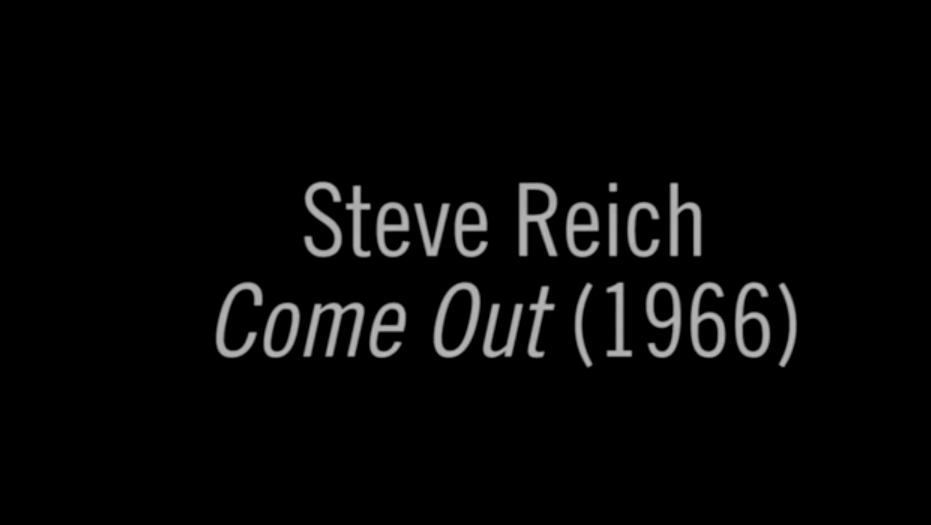
And This Is A Lecture: Steve Reich and the Harlem Riots
This is a digital lecture I wrote, recorded, and edited in conjunction with the Society for American Music's digital lecture series. it provides a musical and cultural analysis of Steve Reich's 1966 composition, "Come Out."
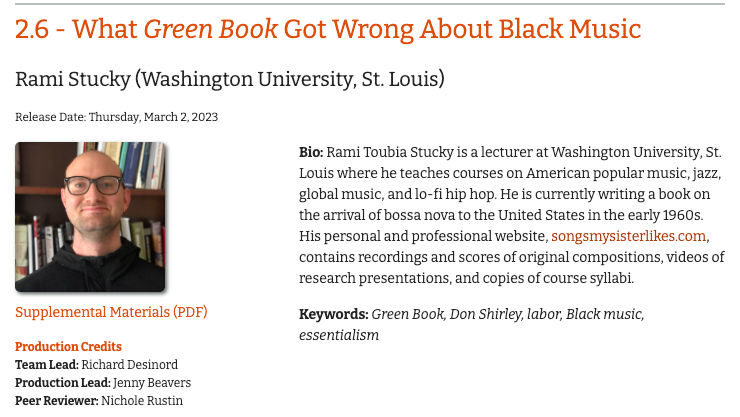
And This Is A Podcast: What Green Book Got Wrong...
This is a podcast that I wrote and recorded in conjunction with the Society for Music Theory's SMT-Pod series. It discusses representations of Black music in the 2018 academy award-winning film, Green Book. Click the link below.
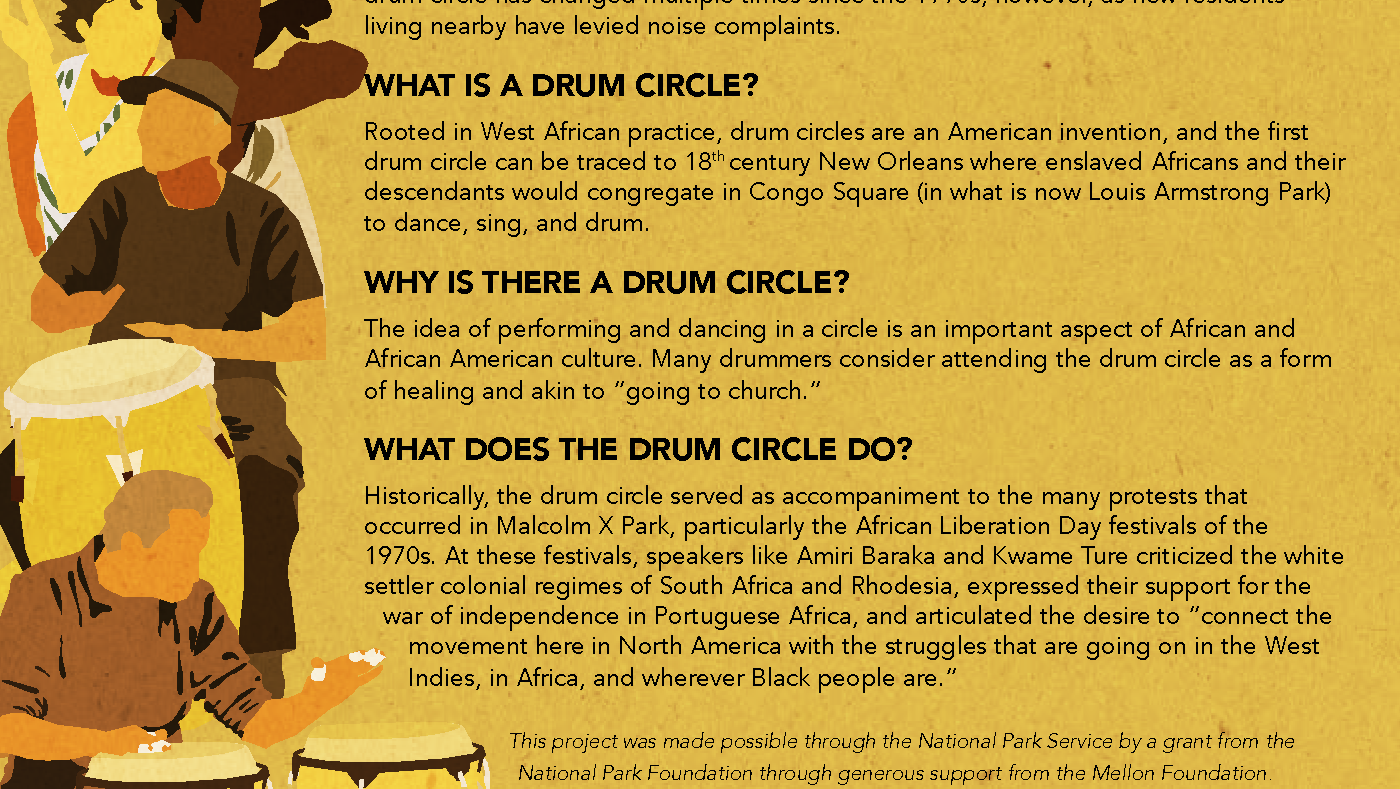
And This Is A Rack Card: Malcolm X Park Drum Circle
I did not make design these. Credit goes to Elayna Speight, with whom I worked in conjunction to create these business cards that contain a little history of the Malcolm X Park drum circle. They are printed en masse and distributed amongst audiences and members attending the drum circle to instruct them in the Afrocentric roots of the gathering.